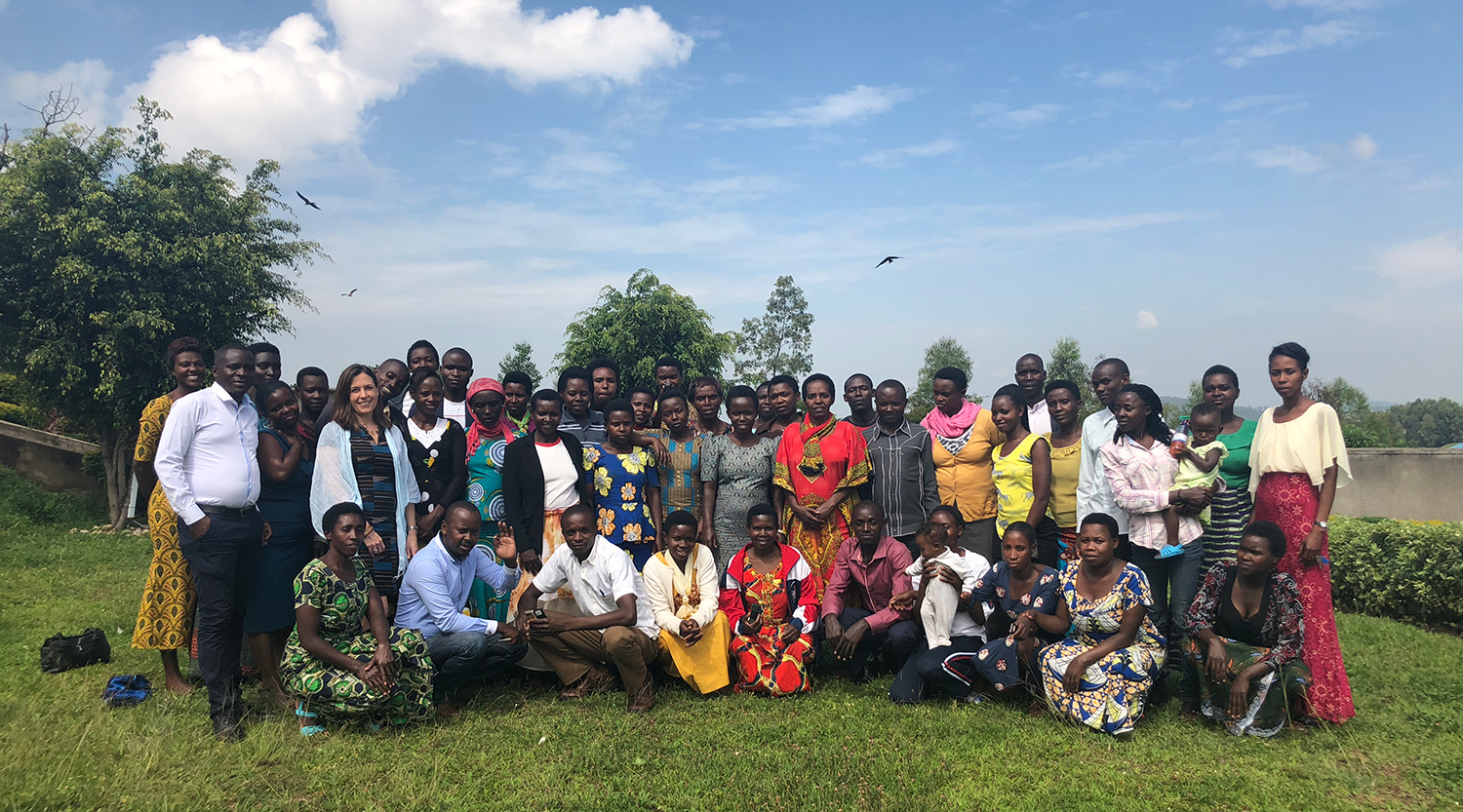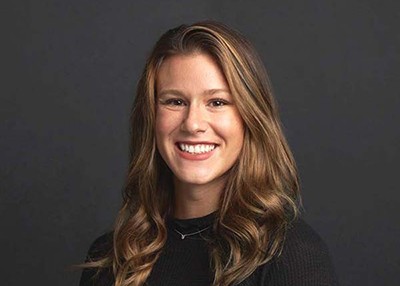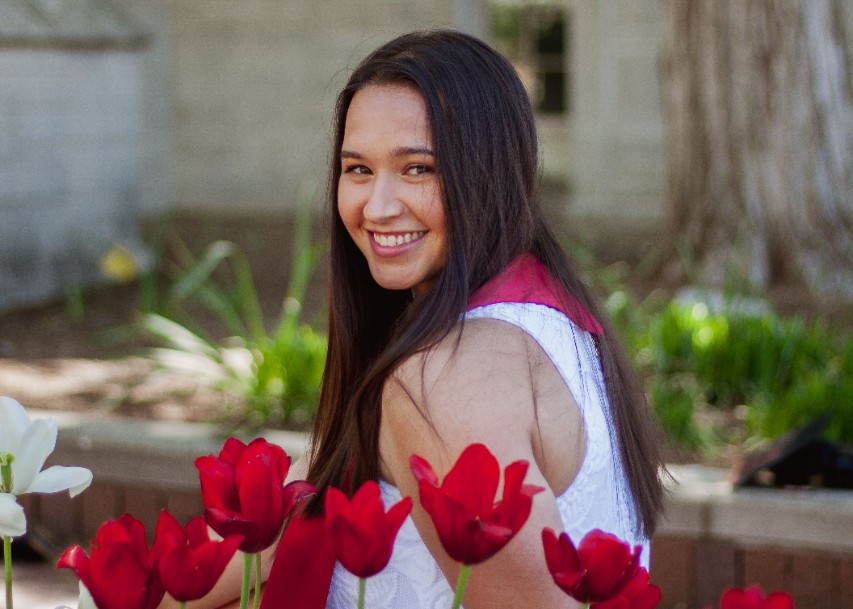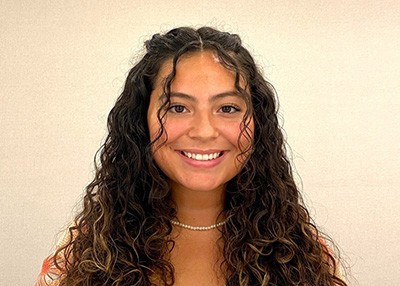Salem Professor in Global Practice Theresa Betancourt—pictured here, in second row on left in light blue, with community-based volunteers in Rwanda—develops evidence-based interventions for children and families facing extreme resource constraints—including in regions affected by armed conflict and HIV/AIDS.
The Research Program on Children and Adversity (RPCA) focuses on observational research to understand trajectories of risk and resilience in children facing multiple forms of adversity while also using these research outcomes to develop and test evidence-based interventions to promote child health, development and family functioning.

Message from the Director
By the Numbers
20 Countries
RPCA has had an impact in over 20 countries including Rwanda, Sierra Leone, United States, Northern Uganda, Ethiopia-Eritrea Border, Russia, and Colombia.
8 Partners
Several implementation partners include Francois Xavier Bagnoud (FXB) Rwanda, University of Rwanda, Caritas Freetown, Kenema General Hospital, Maine Immigrant and Refugee Services.
45 Interns
RPCA has supported 45 interns in 5 years. Interns have gone on to pursue higher education and obtain professional positions in the field of social work, public, and mental health.
Research With Impact
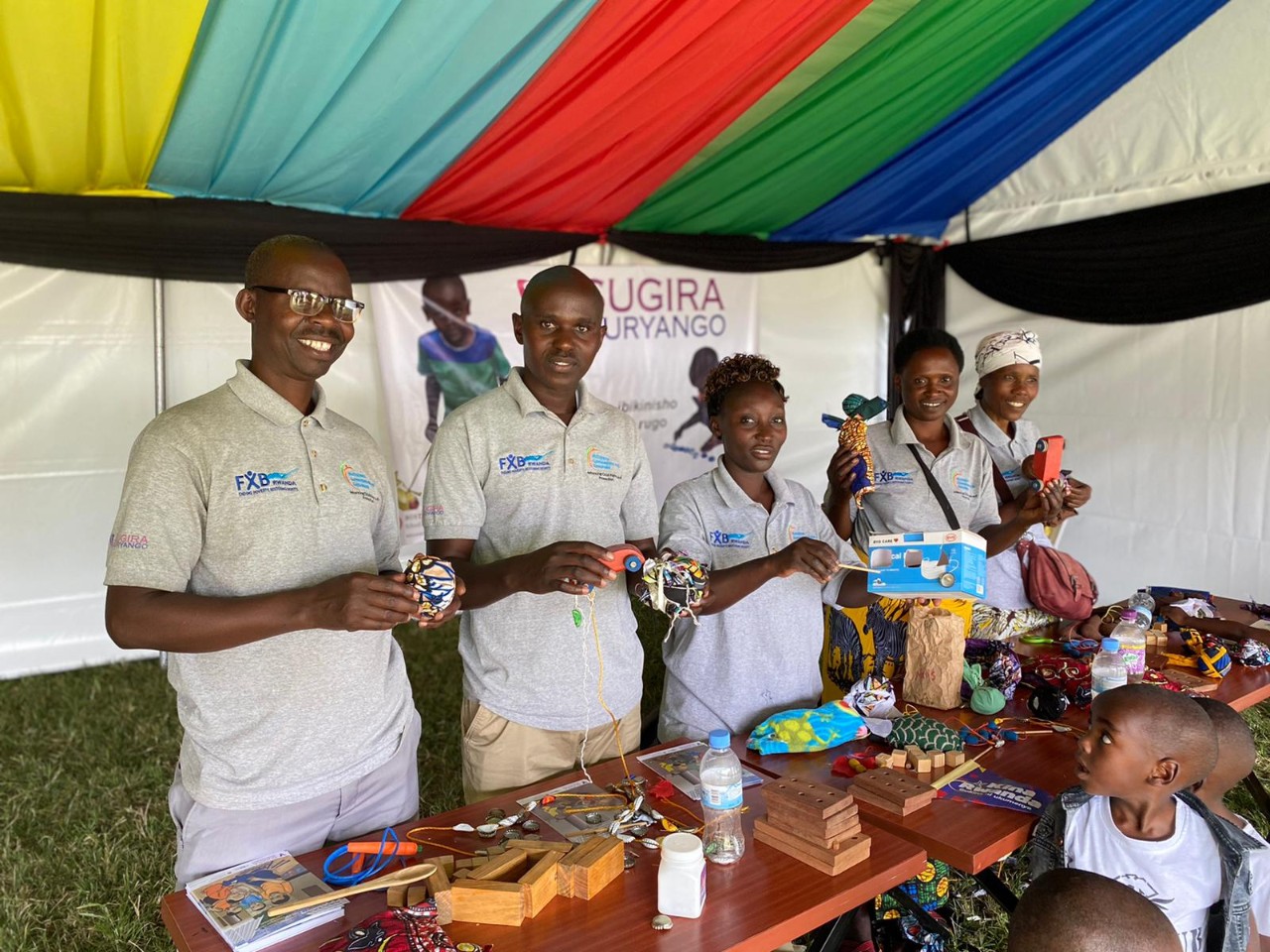
Sugira Muryango home-visiting program is an evidence-based intervention that offers active coaching for caregivers by community lay-workers trained to deliver sessions including early stimulation promotion, play, nutrition, hygiene, non-violent discipline and responsive parenting. It is based on the Family Strengthening Intervention (FSI) model originally developed and tested in Rwanda. Sugira Muryango empowers low-income families enrolled in Rwanda's social protection system to support early childhood development and healthy family functioning.
Latest News

NPR Podcast: How one family of Afghan refugees is adjusting to their new life in Maine
09-09-2024
People fleeing violence and persecution can be haunted by their traumas for a long time, even after they have found safety in a new place. And children are particularly vulnerable. Rhitu Chatterjee has the story of a boy who fled Afghanistan and has recently settled in Maine: in collaboration with Theresa Betancourt and RPCA research. Listen to part 1 and part 2 now.
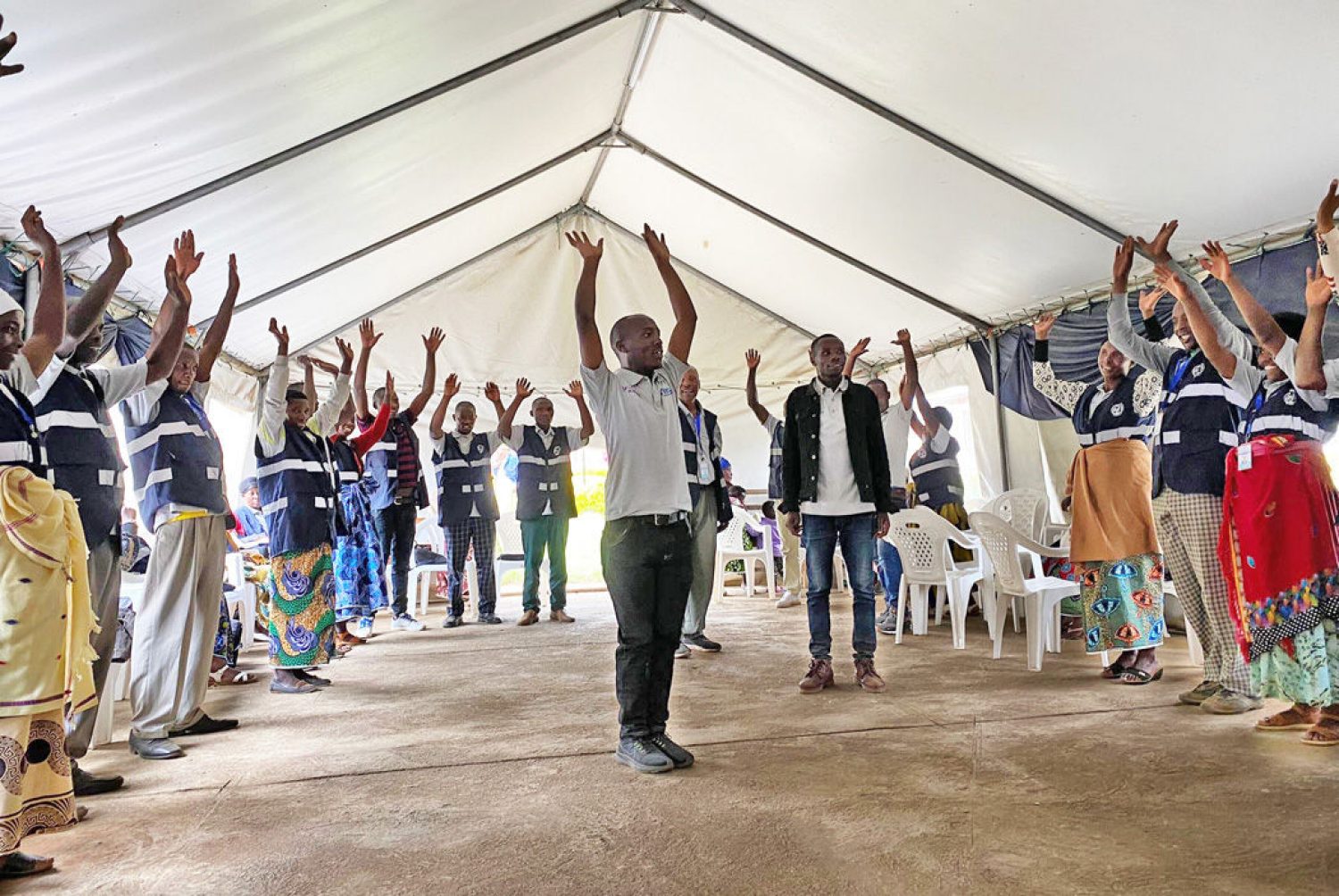
New phase begins for BCSSW's family intervention program in Rwanda
07-23-2024
A five-year, $2.9 million National Institute of Mental Health grant will enable Boston College School of Social Work researchers to test digital innovations in their ongoing work on a family home-visiting intervention that promotes early childhood development while reducing family violence. With the funding, the Research Program on Children and Adversity (RPCA) will begin a new phase of scaling for Sugira Muryango (SM), or “Strengthen the Family,” which is being implemented in Rwanda. Continue Reading.
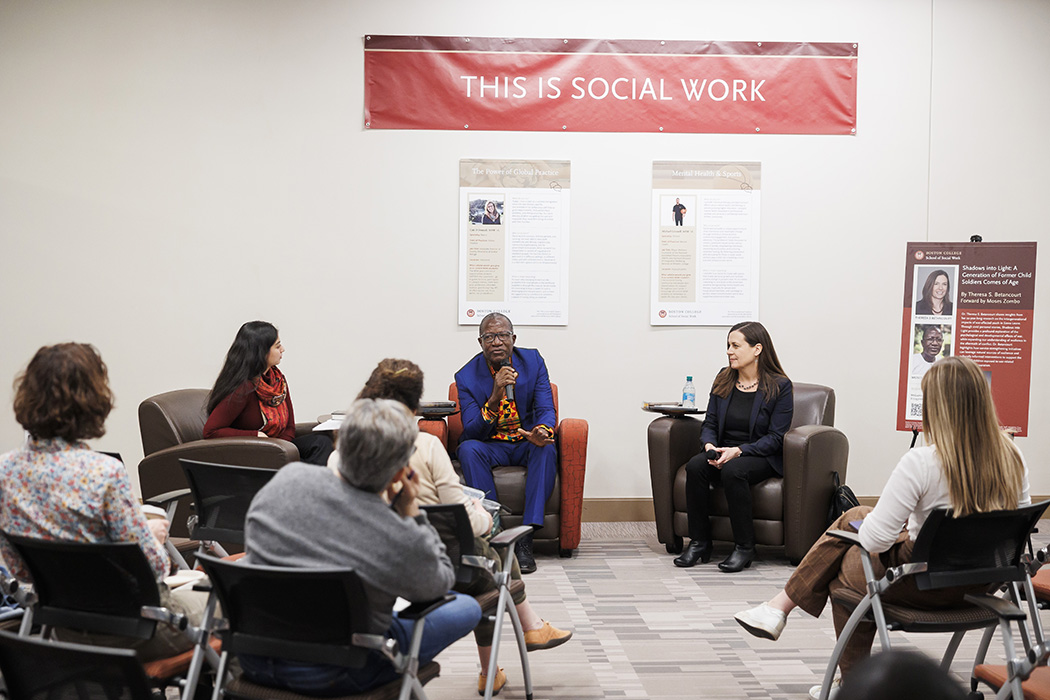
5 takeaways from BCSSW Professor Theresa Betancourt’s new book talk
04-17-2024
Theresa Betancourt, the inaugural Salem Professor in Global Practice at the Boston College School of Social Work, has spent more than two decades studying the lives of over 500 children who were forced to fight in Sierra Leone’s brutal civil war from 1991 to 2002.What she’s found is that the strength of family and community bonds play a crucial role in shaping life outcomes over time, providing social support and encouragement that can help young people recover from wartime experiences.
Read Article.

400 million children beset by waris a global public health crisis
12-26-2023
From Ukraine to Sudan to Gaza, war takes a devastating toll on children. UNICEF estimates that more than 400 million children globally live in areas affected by war or other conflict. While the world’s diplomats work toward toward — and internationalorganizations call for — an end to the bloodshed around the world, they must alsoprepare a parallel plan to meet the consequences of war on children’s mental health. A 2008 meta-analysis of 7,920 children exposed to war — including samples from thePalestinian territories, Israel, Bosnia, and Rwanda — found that 47 percent hadprobable post-traumatic stress disorder, 43 percent depression, and 27 percentanxiety, with many of these conditions co-occurring. Every armed conflict adds to theburden on global mental health. In 2023, for the first time, health care professionalsaround the world designated mental health disorders as a higher health concern than cancer. Keep Reading.

BC School of Social Work team aids in Afghan resettlement
03-13-2023
BCSSW’s Research Program for Childhood Adversity will collaborate with the University of Illinois-Chicago in assessing Afghan families’ needs, strengths, and challenges as they build new lives in the U.S. and identifying family support strategies that refugee service organizations can utilize. RPCA and UIC also will share findings about the psychosocial consequences of war and forced migration on children as well as the evidence for multi-level interventions, and provide guidance for culturally informed practice with Afghan families.
Read article

How parents in Ukraine can help their children cope with the trauma of war
03-25-2022
Theresa Betancourt sits down with Journalist, Jason Kornowitz, and Professor Scott Easton to discuss the risk of toxic stress on children in the midst of the war in Ukraine. Betancourt and Easton discuss coping with trauma and resilience.
Read article
